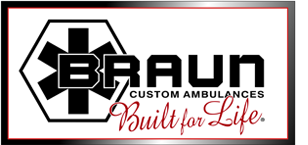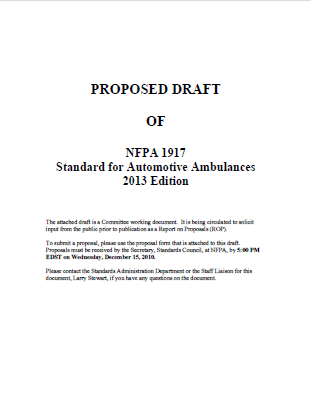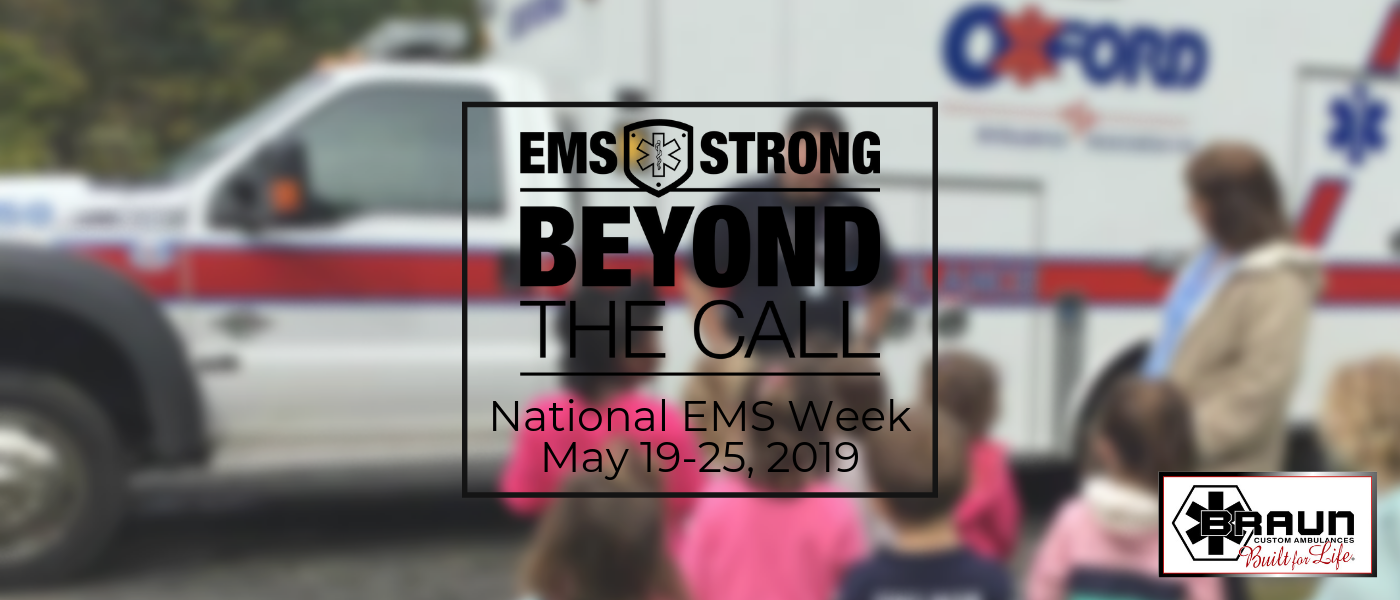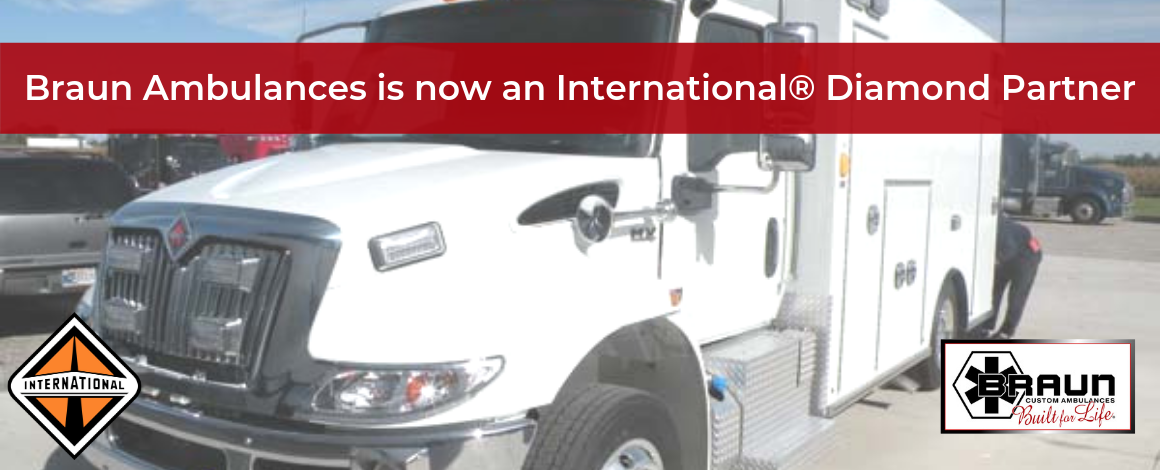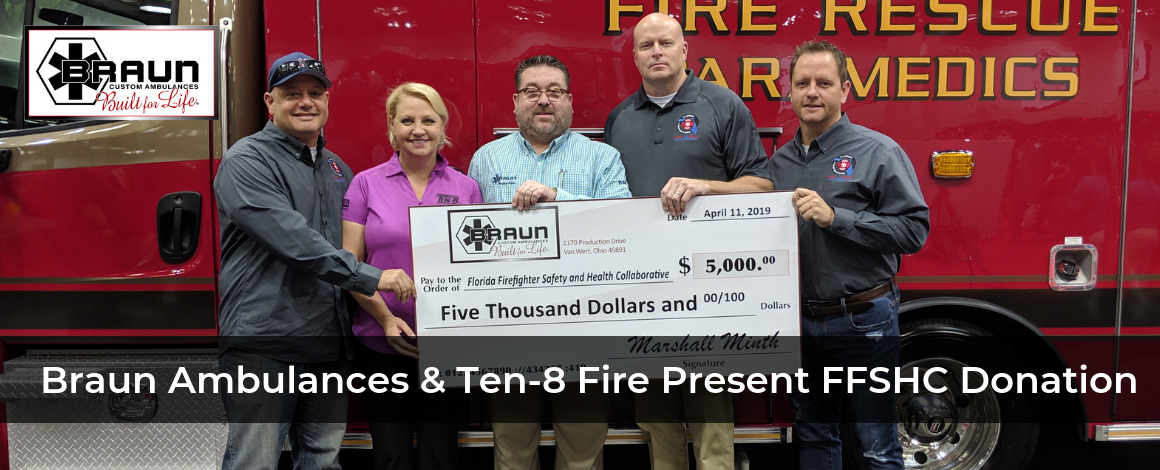We recently posted a survey on our Facebook page related to the NFPA 1917 - the new standard for automotive ambulances by the National Fire Protection Association. Based on the initial results, we felt it was beneficial to spend some time on our blog explaining more about NFPA 1917. Additionally, we want to you to participate in our survey... if you haven't done so already.
NFPA 1917 is a document set to define new safety requirements for ambulances and essentially replace the KKK standard which has been used in the past. The KKK became the purchasing standard in the 1970s for organizations using federal block grants to pay for their rescue vehicles. At that time, it was used as a minimum standard for safety specifications and adopted by many states to allow for grant compliance.
In 2008, the federal government's General Services Administration announced it would no longer maintain the KKK. The administration looked to the National Fire Protection Association to develop a new set of specifications; the organization has a history of developing standards that are voluntarily adopted by manufacturers, etc. The goal was/is to develop a new set of guidelines that will serve as an industry standard.
The group overseeing the development of the new standards is the AAA Technical Committee. It is comprised of individuals with a wide range of interests, including ambulance manufacturers, insurance providers, regulators, end-users, and more. Initially convening in June 2009, the last 2 years have produced several versions of the document from the committee; each time, published and available for public comment and sent back to the committee for review and revisions. The goal of the Technical Committee is to have the final standards published in June 2012.
So what does NFPA 1917 mean to your EMS organization? On the plus side, a safer rescue vehicle. On the down side, a more costly rescue vehicle. There are hundreds of items in the document that will affect ambulance specifications. The way we build our ambulances will be different. Always at the forefront of innovation and safety, we're uniquely positioned at Braun Industries to be ahead of the curve. In fact, we've adopted the plans outlined in the current version of NFPA 1917 for all of our 2013 models. However, there are still many unknowns at this time - the requirements for testing vehicles being one of those, which should be straightened out in 2015 under the next revision.
As an ambulance manufacturer staying abreast of the latest updates on NFPA 1917, we have a few recommendations for EMS organizations needing to purchase a rescue vehicle now or in the near future. If you want to purchase a new emergency vehicle, we recommend you do it before January 1, 2013. That means you should be conducting your research now and reaching out to ambulance manufacturers and local dealers. Since a vehicle ordered before January 2013 will not be required to meet the new standards, this is an advantage to those wisely planning ahead. We are estimating an additional cost of $9-11K per ambulance once the new standard is put in place, so this can amount to significant savings for EMS organizations. While this is an increase up front, it's also important to remember that keeping an old and under-performing rescue vehicle in service longer than it should be also has its hidden costs. The best thing to do is plan ahead and purchase a new ambulance now.
As new information is released, we will be keeping our blog up to date. We'd love to hear your thoughts on NFPA 1917. Please leave a comment below.
